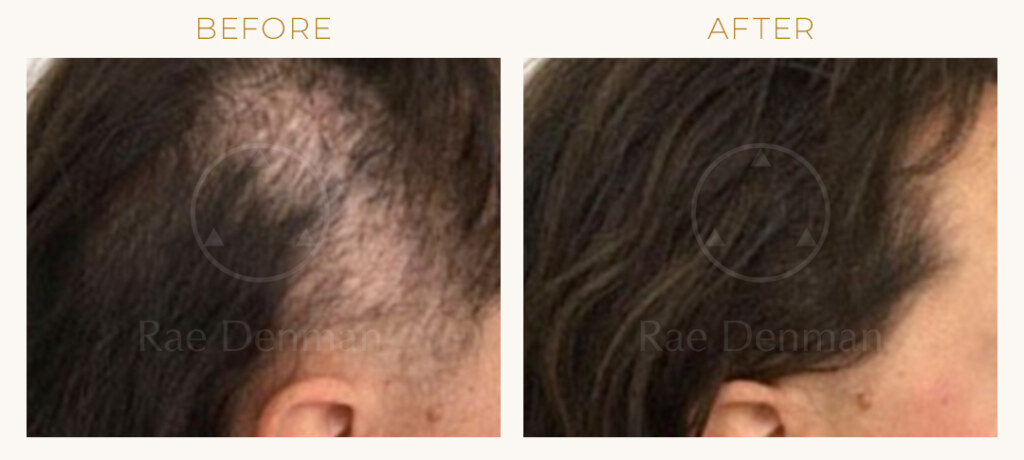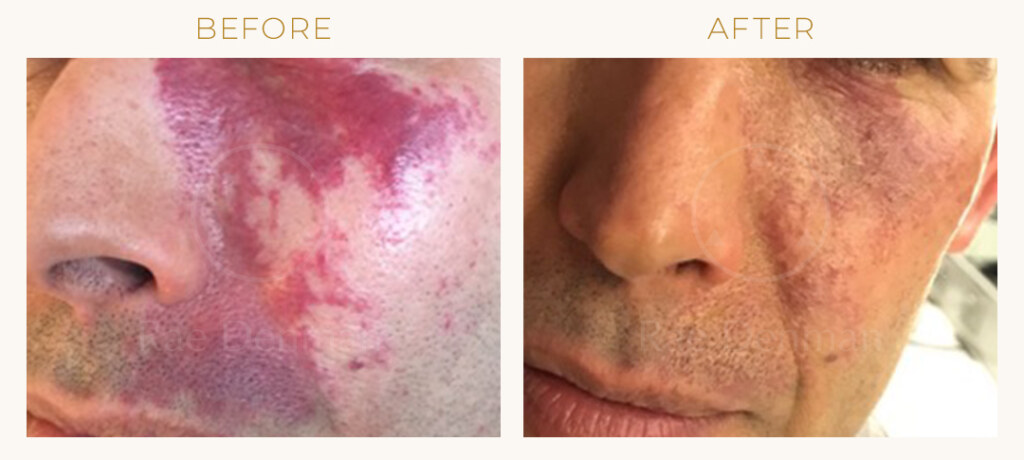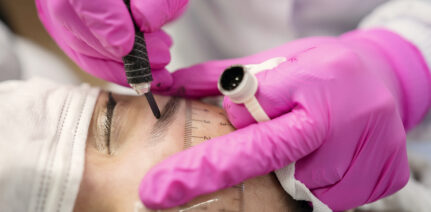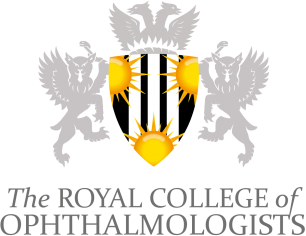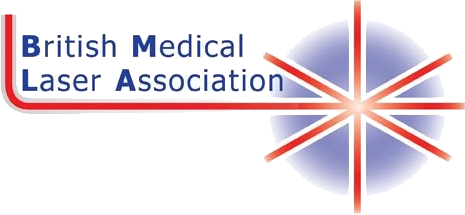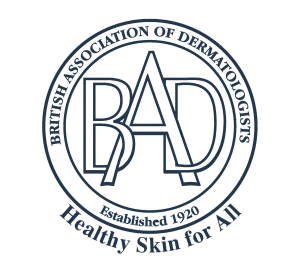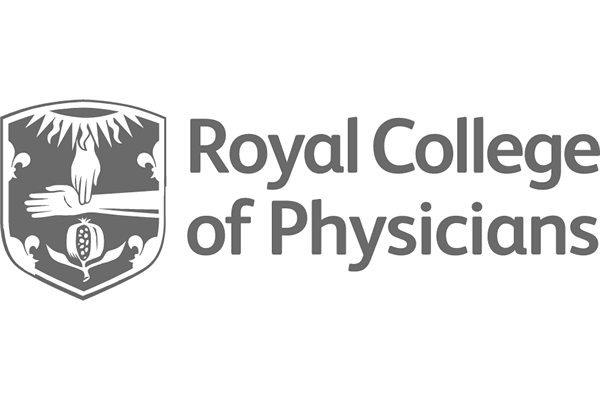"I had a skin graft 5 years ago and have been really self conscious about the skin colour difference of the graft skin. I found Rae online and from our first consultation I knew I was in safe hands. She has always been incredibly honest about the results I can expect and has constantly adapted to the particular way my skin has responded to the treatment. I'm so pleased that I decided on medical tattooing with Rae and already feel more complete and self confident, knowing that Rae will do all she can to meet my expectations, without promising unrealistic results. I wholeheartedly recommend Rae to anyone considering medical tattooing, she has been so supportive, considerate and understanding of my needs."
- About Us
- Treatments
- Cosmetic, Plastic & Reconstructive Surgery
- Areola Reduction
- Arm Lift (Brachioplasty)
- Axillary Reduction
- Belly Button Surgery (Umbilicoplasty)
- BoNT treatment
- Breast Implant Removal
- Breast Lift (Mastopexy)
- Breast Augmentation
- Breast Reduction
- Brow Lift
- Buccal Fat Removal
- Chalazion
- Cheek Augmentation
- Dermal Fillers
- Dimple Creation (Dimpleplasty)
- Droopy Eyebrow / Lid (Ptosis)
- Ear Pinning (Pinnaplasty)
- Earlobe Surgery
- Ectropion
- Entropion
- Eyelid Surgery (Blepharoplasty)
- Facelift & Mini-Facelift
- Facial Ageing and Rejuvenation
- Inverted Nipple Correction
- Labiaplasty
- Lip Surgery
- Pubic Lift (Monsplasty)
- Rhinoplasty
- Split Earlobe
- Tear Trough Filler
- Tip Rhinoplasty
- Tummy Tuck (Abdominoplasty)
- Dermatology
- Oral & maxillofacial surgery
- Hair transplant surgery
- Scar Management & Physiotherapy
- Vascular Surgery
- Psychology & Well-being
- Cosmetic, Plastic & Reconstructive Surgery
- Specialists

